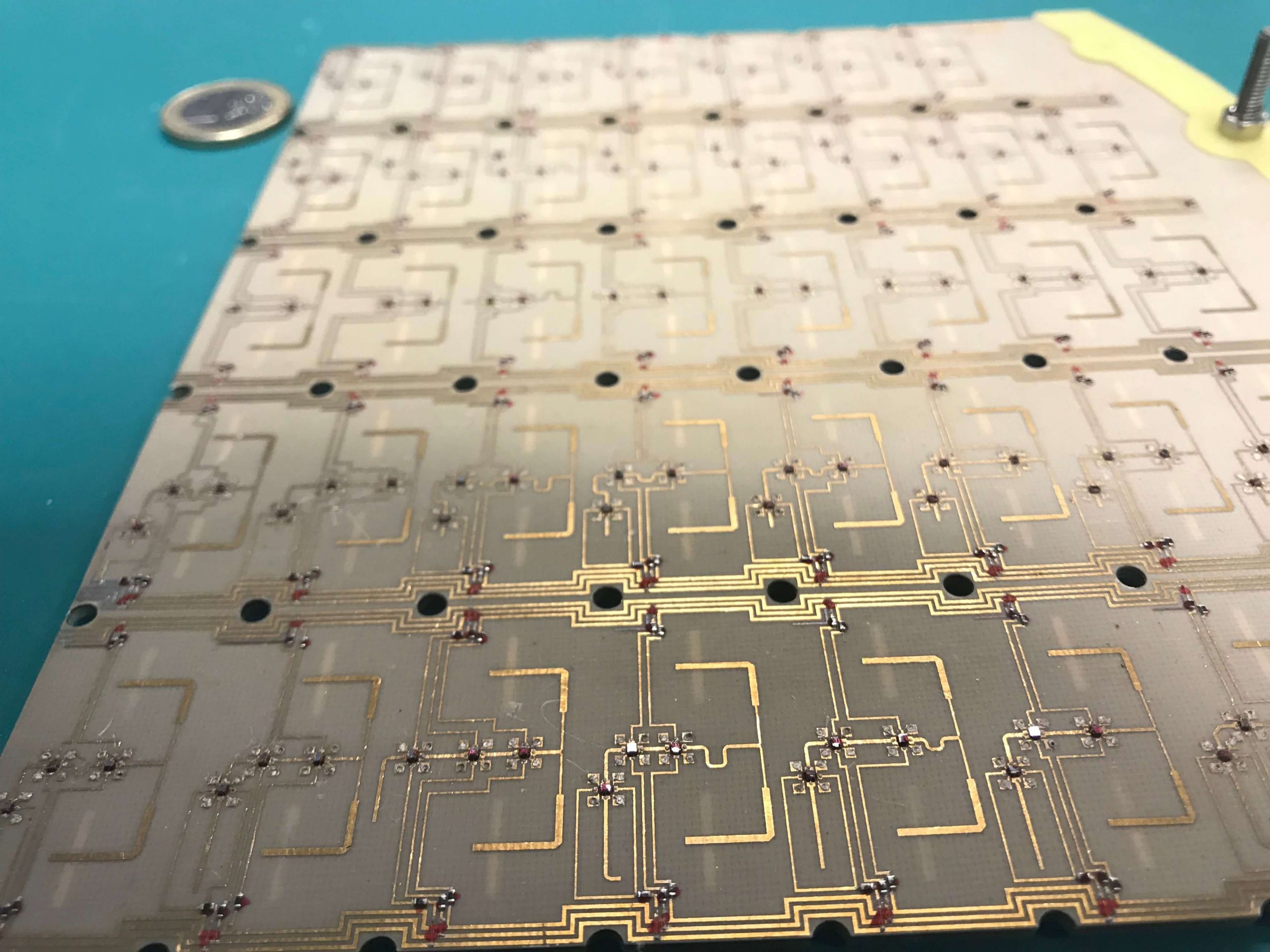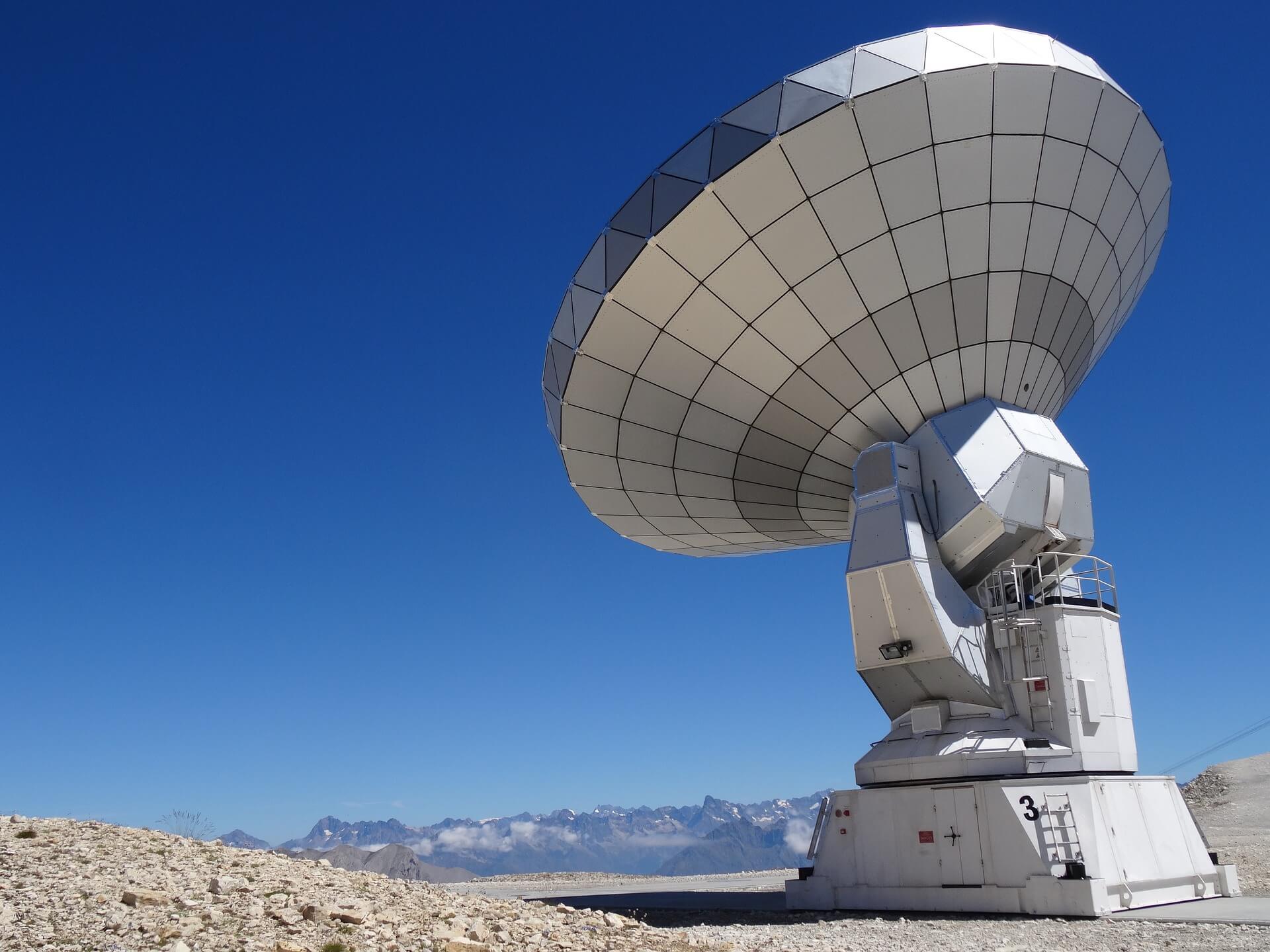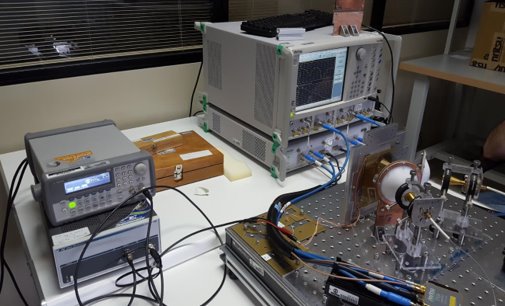Subjects

Advanced Topics on Antenna Technologies (ATAT)
Faculty Members
- Coordinator: José Manuel Fernández González
- Eduardo Carrasco Yépez
-
Belen Galocha Iraguen
- Manuel Sierra Castañer
Abstract
This course presents advanced concepts and techniques in antenna topics. The students will acquire the required knowledge for the analysis and design of antennas using in-house software and commercial software. These techniques cover either theroretical and practical design aspects. With this goal, the students obtain the knowledge needed to perform antenna analysis and design in the most recent antenna technology and using commercial and self-made software. The course learning method is based on the main parts of the antenna design topics based on student work and Project Based Learning methodology with the support of the professors. All the course classes are referred to practical antenna systems. Several antenna design and optimization methods are presented in the classroom. The students will use the software packages at the Signals, Systems and Radiocommunications Department of the E.T.S.I. Telecomunciación to perform practical analysis either by the professors and for pratical students projects. The students will understand the concepts of the antenna analysis and design. The students will be able to afford all the stages of the antenna design (Antenna Project). The students oral presentations of the Antenna Project allow professors and the rest of the students to learn and evaluate analysis and design projects.

Radiofrequency Optimization Techniques (RFOT)
Faculty Member
- Coordinator: Jaime Esteban Marzo
Abstract
The analysis and design of radiofrequency circuits and subsystems by means of electromagnetic and circuit simulators requires solving global optimization problems, often of noisy and costly functions. We will review the better-known heuristic methods, such as simulated annealing, genetic algorithms and evolution strategies. The use of surrogate models will be also dealt with, by reviewing the Space Mapping technique. Because of the eminently practical character of the course, all these topics will be illustrated by practical projects, where students will optimize different radiofrequency subsystems and components.

RF Technologies (RFTC)
Faculty Members
- Miguel Ángel González de Aza
- Jesús Grajal de la Fuente
Abstract
This course is a comprehensive approach to Radio Frequency (RF) systems and the technologies involved. This course is not a design course for active and passive components or circuits. It is a top-down approach that begins with the specifications of a system and finishes with the selection of the appropriate technology, components, and circuits to meet these specifications. An in-depth understanding of the variety of components in the market and their specifications and limitations are basic for a successful design of increasing complex RF systems.
This course presents advanced concepts related to passive and active microwave devices implemented in different technologies. Regarding to the passive devices, the technology is mainly focused on waveguide structures for the implementation of the components forming antenna feeders. Filters, multiplexers, beam-forming networks, couplers, orthomode transducers and polarizers will be presented, analysing the required specifications when used in real communication systems. In connection with active components, a huge variety of components in different technologies with various operating regimes appears. Therefore, an effort has been carried out to select the most significant ones to cover the most important applications. Both in-house software developed in Matlab as well as and commercial software will be used to show the different strategies to analyse and design the different circuits and sub-systems presented in this course

Computational Electromagnetics (COEM)
Faculty Members
- Coordinator: José Luis Fernández Jambrina
- Belén Galocha Iraguen
- Miguel Ángel González de Aza
Abstract
This course presents most of the most commonly computational techniques used to solve electromagnetic problems in microwave engineering. These techniques are commonly used to a precise characterization of structures involved in the design and development of devices and antennas. These methods are presented to know their features, advantages and limitations and how or where can be used, as well as their performances against the others

Laboratory Course on RF Measurements (LRFM)
Faculty Members
- Coordinator: Manuel Sierra Castañer
-
Jesús Grajal de la Fuente
Abstract
This laboratory complements the subjects of Radiofrequency Technologies and Advanced Topics on Antenna Technologies. This laboratory introduces the most important measurement techniques in radio-frequency, including active and passive circuits, time and frequency domain measurements, characterization of electrical properties of materials, antenna characterization and RADAR systems



